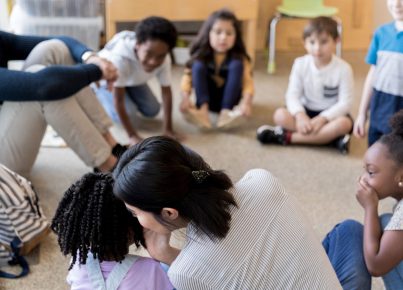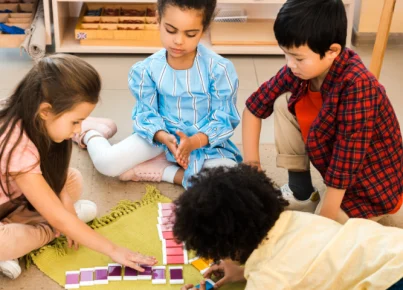1. Enhanced Engagement: When students are actively engaged with a game, they are more likely to be interested in the subject matter. Games capture attention and can transform a boring lesson into a challenging and fun activity.
2. Boosts Memory: Gamification in learning helps enhance memory retention. As most games involve memorizing certain elements, students learn to store and retrieve information more effectively.
3. Promotes Healthy Competition: In a classroom setting, games create an environment of healthy competition where students strive to perform their best, directly improving their effort and performance.
4. Increases Motivation: The reward system built into games acts as a motivator for students, encouraging them to participate and be more willing to learn and tackle complex concepts.
5. Teaches Problem-Solving Skills: Games often involve critical thinking and problem-solving challenges which are crucial skills in both academics and real life.
6. Fosters Teamwork and Collaboration: Many educational games require students to work in teams, helping them develop cooperation skills and the ability to work well with others.
7. Improves Technological Proficiency: Given that many educational games are digital, it helps students become more comfortable and proficient with technology which is essential in the modern world.
8. Adaptable Learning Experience: Games can often be adapted for different skill levels ensuring personalized learning experiences that accommodate the needs of each student.
9. Immediacy of Feedback: Games typically provide immediate feedback, which helps students understand what they know or don’t know, enabling them to focus on areas that need improvement.
10. Increased Creativity: By solving problems in a game setting, students can often take more creative approaches without the fear of real-world consequences.
11. Reduces Stress: Games have the potential to make learning enjoyable and can reduce stress associated with traditional assessments while still attaining the desired educational outcomes.
Resources:
– [Kahoot!](https://kahoot.com) – A game-based learning platform used for creating quizzes.
– [Quizlet](https://quizlet.com) – Offers tools for students to create study sets including flashcards, tests, and study games.
– [Classcraft](https://www.classcraft.com) – A role-playing game specifically designed for classroom engagement.
– [Edpuzzle](https://edpuzzle.com) – Allows educators to create interactive video lessons.
– [Minecraft: Education Edition](https://education.minecraft.net) – A game-based learning platform that promotes creativity, collaboration, and problem-solving.
– [BrainPOP](https://www.brainpop.com) – Features multiple educational games across various subject areas.
– [Prodigy Math Game](https://www.prodigygame.com/) – An engaging math game with content aligned to curricular standards.
– [Breakout EDU](https://www.breakoutedu.com/) – Provides immersive games that promote critical thinking and collaboration.
– [Duolingo](https://www.duolingo.com/) – Turns language learning into a game-like experience.
– [Gimkit](https://www.gimkit.com/) – A live learning game that allows students to earn virtual currency by answering questions correctly.





